You’ve probably heard the word “recession” a lot lately—on the news, in articles, and on social media. But what exactly is a recession, how does it get confirmed, and why does it matter so much to the economy, businesses, and everyday people like us?
In this article, we’ll explain what a recession means, how it is calculated, what causes it, and why new policies like Trump’s 2025 tariffs are raising fresh concerns about a global recession.
What is a Recession?
Recession Meaning in Simple Words
A recession is a period of economic decline, usually lasting two or more consecutive quarters (6 months or more), when:
GDP (Gross Domestic Product) falls
Businesses earn less money
Unemployment rises
Consumer spending goes down
Investment slows down
In simpler terms, a recession is when the economy shrinks instead of growing—people buy less, companies produce less, and jobs become harder to find.
How is a Recession Confirmed?
Key Indicators Used to Measure a Recession
Economists don’t just guess a recession; they use data to confirm it. A recession is typically declared when these key indicators decline for at least two straight quarters:
1. GDP (Gross Domestic Product)
This is the total value of all goods and services produced in a country. If GDP falls for two quarters, that’s a major sign of a recession.
2. Unemployment Rate
If many people start losing their jobs and unemployment rises, it’s a warning sign.
3. Consumer Spending
When people stop buying non-essential items (like electronics or dining out), it slows down business growth.
4. Industrial Production
Less production means factories are slowing down, usually due to lower demand.
5. Stock Market Trends
While not always reliable, major and consistent stock market drops often reflect poor investor confidence—another recession signal.
Why Are Experts Warning of a 2025 Recession?
Trump’s New Tariff Policy Explained
In April 2025, President Donald Trump introduced a new “reciprocal tariff policy” that imposes a 10% base tariff on all imported goods. Countries with large trade surpluses or high duties on U.S. goods face even higher tariffs.
Key Points of the Tariff Plan:
A flat 10% tariff on all imports
Higher tariffs for countries with high duties or trade surpluses
Tariffs set at 50% of what other countries charge the U.S.
Trump described it as a “kind reciprocal” approach—meaning it’s not fully equal, but a measured response.
How Tariffs Can Lead to a Recession
J.P. Morgan and Other Banks Raise the Alarm
According to J.P. Morgan, the risk of a U.S. recession has jumped from 40% to 60%. Their analysts believe that these new tariffs will hurt the U.S. and global economy by:
Reducing business confidence
Triggering retaliatory tariffs
Causing global supply chain disruptions
Other banks like Barclays and Deutsche Bank also agree that the new trade policy could tip the U.S. into a recession by mid or late 2025.
Why Tariffs Hurt the Economy
1. Higher Prices for Consumers
Imported goods become more expensive. This means everything—from electronics to clothes to groceries—can cost more.
2. Lower Business Profits
When costs go up, businesses either raise prices or take a hit in profits—sometimes both. This leads to cost-cutting, often through job losses.
3. Trade Wars
Countries affected by tariffs often retaliate by imposing tariffs of their own. This leads to trade wars, which can shrink global trade volumes.
4. Investor Uncertainty
Uncertainty over trade policies often causes stock markets to fall, which affects retirement funds, savings, and business valuations.
Examples of Past Recessions
2008 Global Financial Crisis
In 2008, the U.S. economy fell into a deep recession caused by the collapse of the housing market and banking sector. Millions lost their jobs, and stock markets crashed globally.
COVID-19 Recession (2020)
The pandemic-led lockdowns forced economies to shut down. Businesses closed, travel stopped, and unemployment spiked worldwide.
These examples show how both economic policies and global events can trigger recessions.
How Recession Affects You
You might think a recession is just a news headline—but it directly impacts your life, income, and savings:
1. Job Losses
Companies often lay off workers to save money, leading to unemployment.
2. Salary Cuts or Hiring Freezes
Even if you keep your job, salary hikes may stop, and new jobs become harder to find.
3. Higher Prices, Lower Income
With inflation rising and incomes stagnating, your purchasing power goes down.
4. Investment Losses
Stock market volatility can affect your mutual funds, stocks, or retirement savings.
How to Prepare for a Recession
Tips to Stay Financially Safe
1. Build an Emergency Fund
Keep at least 6 months of expenses in savings to deal with job loss or medical emergencies.
2. Avoid New Debt
Limit credit card use and avoid big loans unless absolutely necessary.
3. Upskill Yourself
Learn new skills or take certifications to increase your job value.
4. Invest Wisely
Avoid panic selling during market dips. Focus on long-term, quality investments.
Conclusion
A recession is not just an economic term—it affects real lives, jobs, businesses, and the global financial system. With rising global tensions and new policies like Trump’s tariff hike in 2025, the risk of recession is growing.
Understanding what a recession is, how it starts, and what to watch out for can help you prepare and make smarter decisions. Whether you’re a student, investor, or entrepreneur, being aware and informed is your best protection.

BBW News Desk is the editorial team of BigBreakingWire, a digital newsroom focused on global finance, markets, geopolitics, trade policy, and macroeconomic developments.
Our editors monitor government decisions, central bank actions, international trade movements, corporate activity, and economic indicators to deliver fast, fact-based reporting for investors, professionals, and informed readers.
The BBW News Desk operates under the editorial standards of BigBreakingWire, prioritizing accuracy, verified information, and timely updates on major global developments.
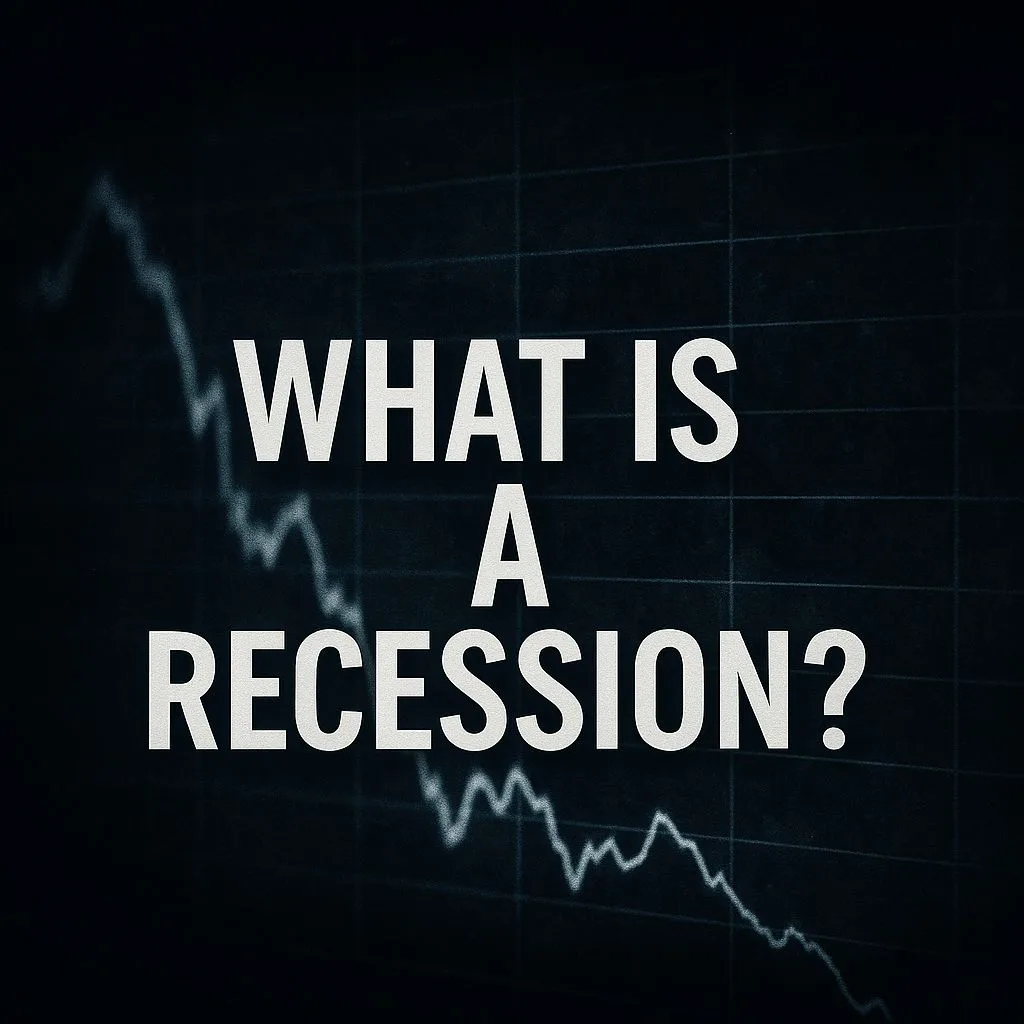


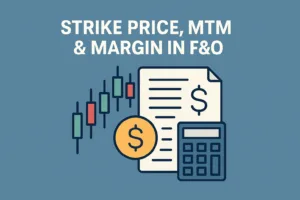
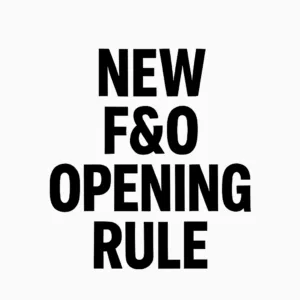
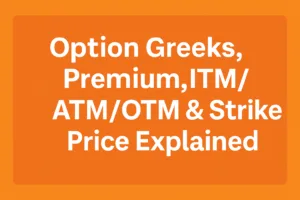
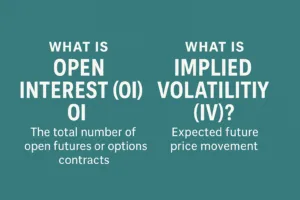

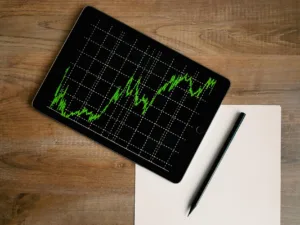

Be First to Comment